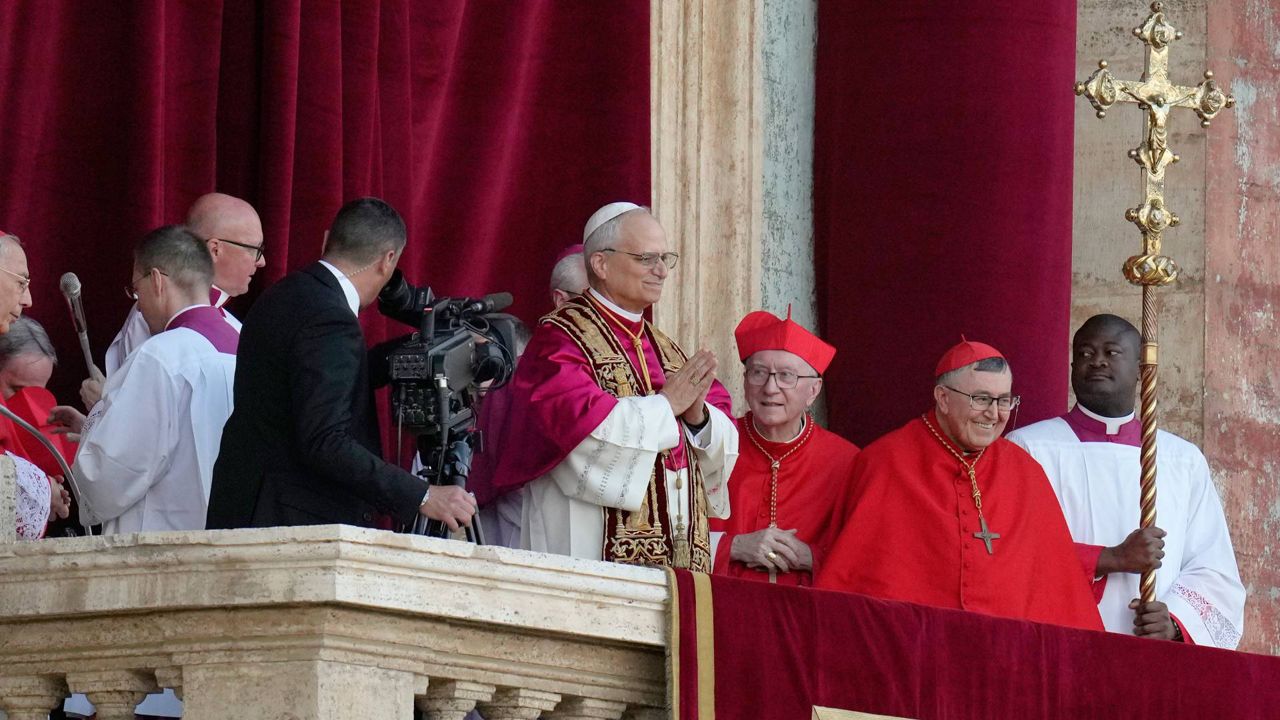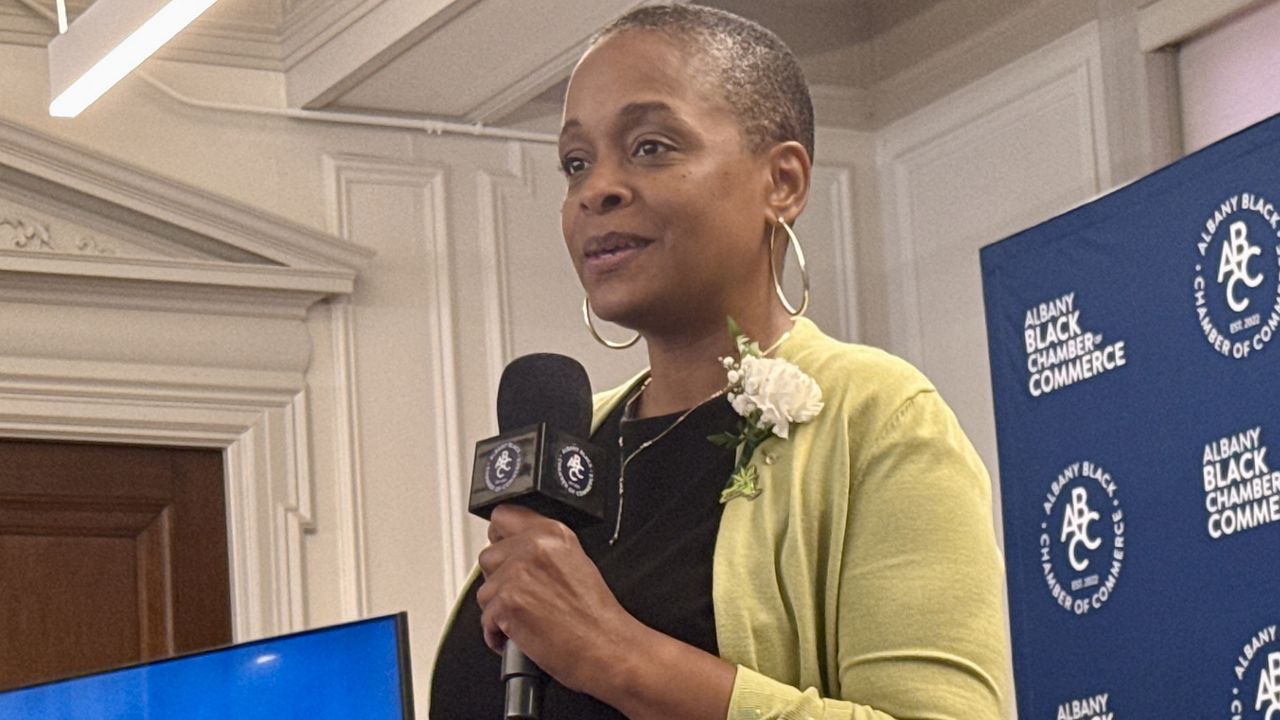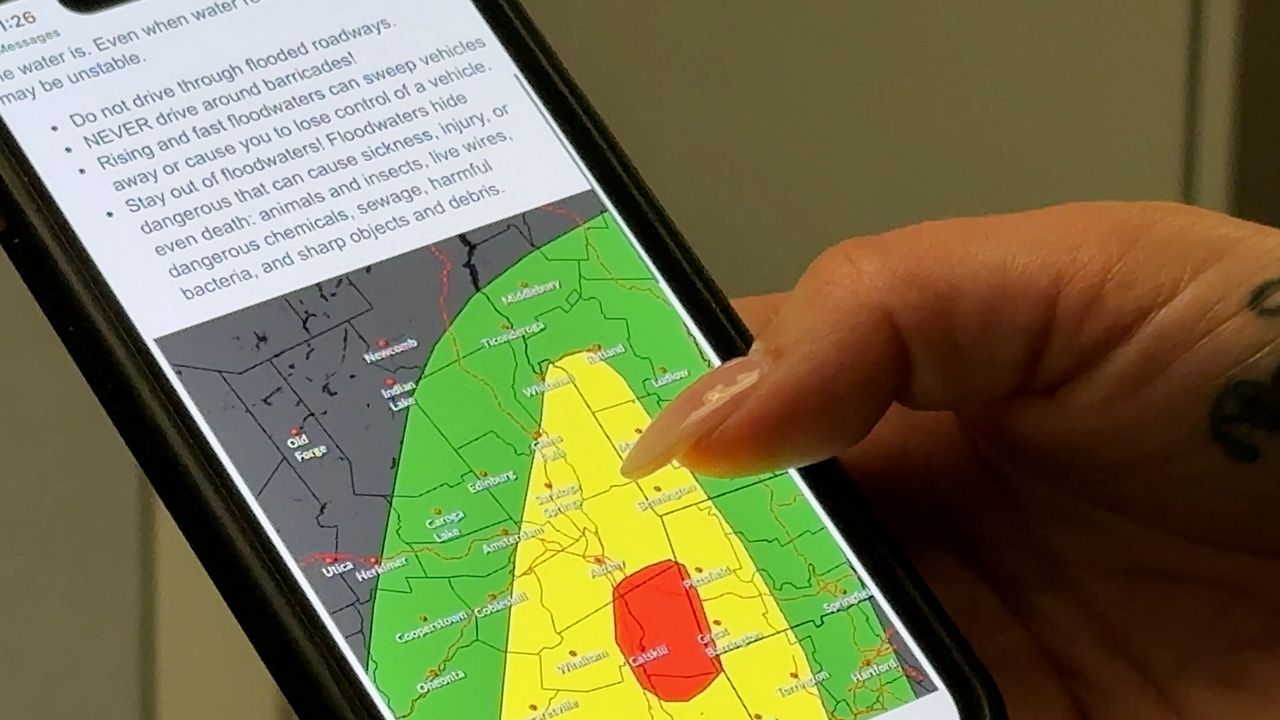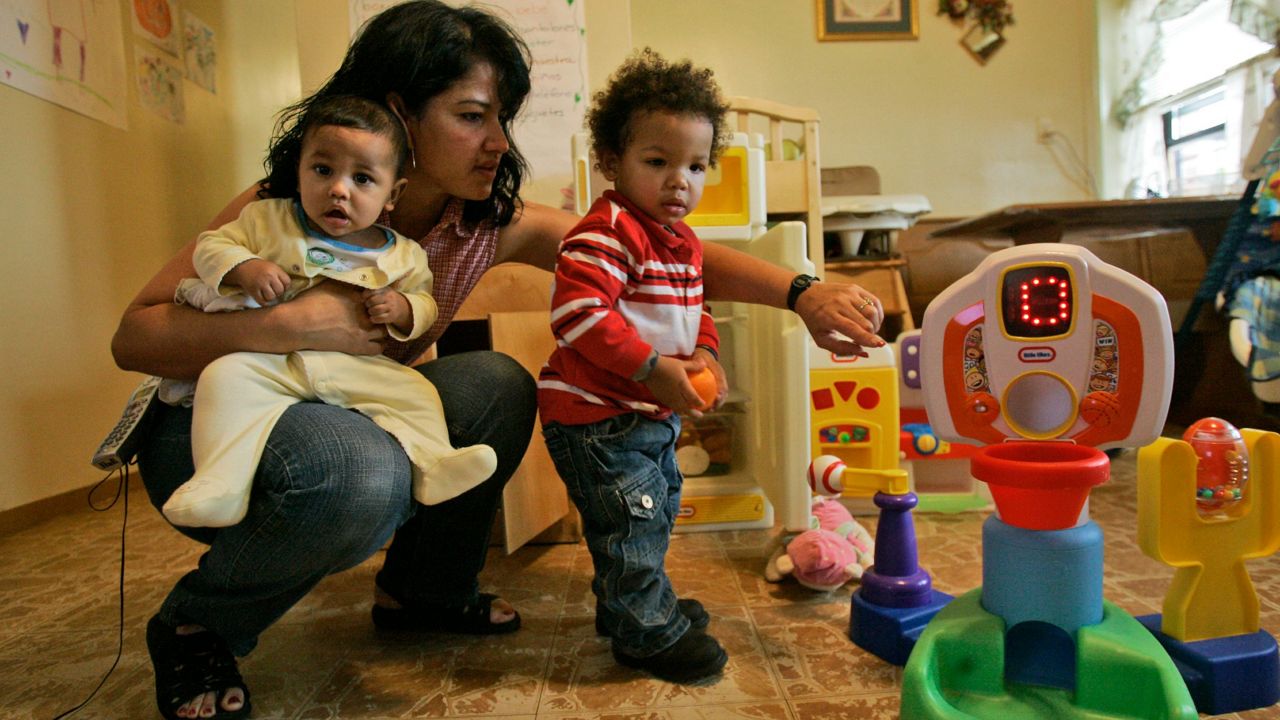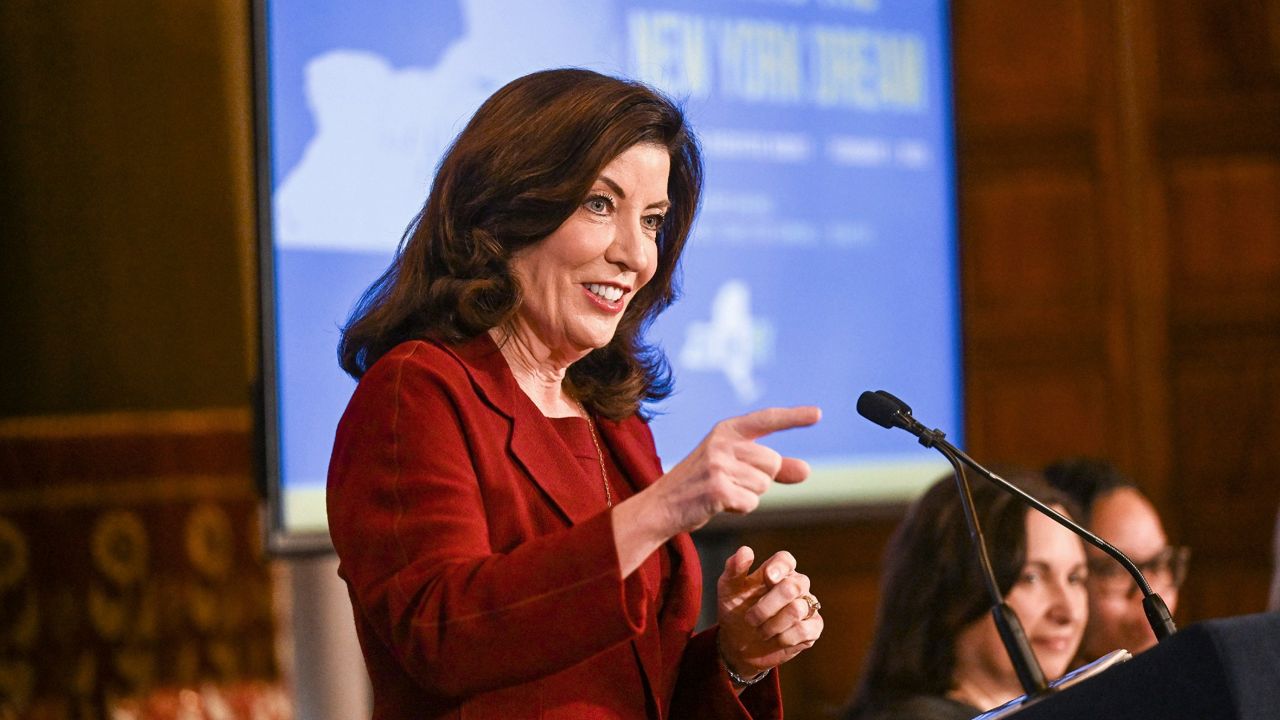The Schenectady City School District is taking a proactive approach to resolving conflicts and improving school safety through its restorative practices program.
Designed to foster relationships, repair harm and create a sense of belonging, the initiative aims to replace traditional disciplinary methods with dialogue and accountability.
“In restorative practices, we’re teaching intrinsic values so students feel a sense of belonging,” said Angela Pastizzo, assistant director of student support services. “It’s about building community within the school.”
The district has faced incidents of violence in recent months, prompting a renewed focus on alternative approaches to discipline. With 16 specialists working across schools, the program emphasizes keeping students in the classroom while addressing behaviors through community-building circles and accountability projects.
“You go home on suspension and you don’t necessarily learn anything from that,” Pastizzo said. “But by staying here and participating in a circle to repair harm, we’re saying, ‘We want you here.’ ”
For students like Jaden Jones, the lessons extend beyond academics.
“If someone is struggling with something, I try to help them,” Jones said. “Communication is a big thing. You don’t have to be friends, just help one another.”
The program’s success is rooted in its connection to the community. Many restorative specialists are graduates of Schenectady High School who understand the challenges students face.
“I was a kid here,” said Lamar Larkin, a restorative practice specialist. “I know what they went through. They need people like us who look like them and have a passion for this.”
District leaders believe the program could serve as a model for other schools across New York.
“Any school struggling with conflict or building relationships could benefit from restorative practices,” Larkin added.







